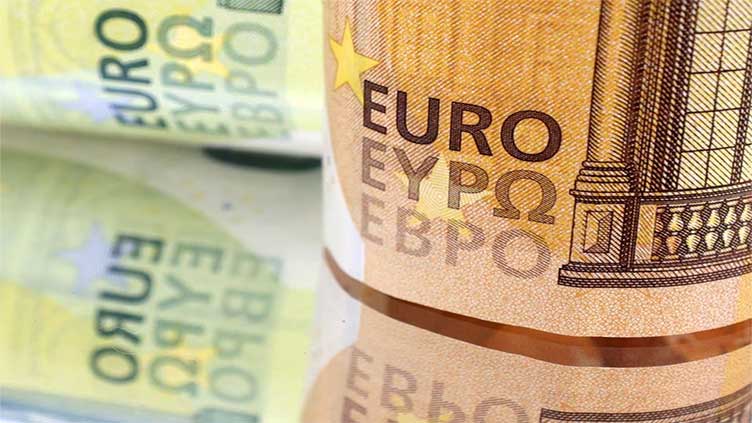Strong Euro nears nine-year high versus Japanese yen

Business
Strong Euro nears nine-year high versus Japanese yen
SINGAPORE (Reuters) - The euro gained a touch and the Japanese yen softened on Monday, at the start of a week containing a closely-watched Bank of Japan meeting and the last few data releases before Federal Reserve and European Central Bank rate decisions in early May.
The euro was up 0.25% against the dollar at $1.1015, back above $1.10 for the first time since it hit a 14-month high of $1.10755 earlier this month.
German business morale rose slightly in April, a survey showed on Monday, adding to positive signs as Europe's largest economy hopes to have dodged a winter recession, and there were also hawkish remarks from Belgian central bank chief and ECB policy maker Pierre Wunsch.
The euro's gains were most striking against the Japanese yen up 0.63% to 148.3 yen, as the yen was pressured by remarks from the new Bank of Japan governor Kazuo Ueda about the need to maintain monetary easing.
The euro is a whisker away from October's 148.385 yen, and a break past that would be its highest since late 2014.
The dollar also climbed 0.36% against the yen to 134.60.
Beyond the excitement of the euro/yen cross, currency markets were quieter, as traders waited for key central bank meetings, the first of which is the Bank of Japan on Friday, the first Ueda will chair.
Ueda is widely expected to maintain the BOJ's current ultra-easy yield curve control (YCC) policy, having reassured markets since succeeding Haruhiko Kuroda early this month that any change in policy won't happen quickly.
"We're in a pre-ECB, pre-Fed period where FX volatility has gone to die for a bit," said Simon Harvey, head of FX analysis at Monex Europe.
Harvey said markets were waiting for Friday because, as well as the BOJ meeting, growth and inflation data from both Germany and France were due.
"Not only are euro/dollar and dollar/yen two of the largest pairs there are a lot of factors that could drive further moves, that are just waiting for a catalyst," he said.
Both the Fed and the ECB will meet next week, but before that markets will digest U.S. first quarter GDP and personal
consumption expenditures (PCE) data, looking for signs of economic strain and evidence of sticky inflation for clues on the Fed's policy path.
Policymakers are widely expected to raise rates by another 25 basis points at next week's Federal Open Market Committee (FOMC) meeting, though the focus will be on guidance for future moves.
Markets are expecting the ECB to raise rates by a quarter point, with the possibility of a 50 basis points hike. Euro zone inflation and growth data are also due this week.
The Swedish central bank also meets this week, on Wednesday, though Barclays said a priced-in 50 basis points hike from the Riksbank was unlikely to help the crown much beyond limiting its downside.
The Swedish currency touched 11.475 per euro in March, its weakest since 2009, and has failed to recover much since then . It was last at 11.33 per euro and 10.32 per dollar.
Elswhere, sterling was flat at $1.2435 , and the Swiss franc was slightly firmer at 0.8903 per dollar.

